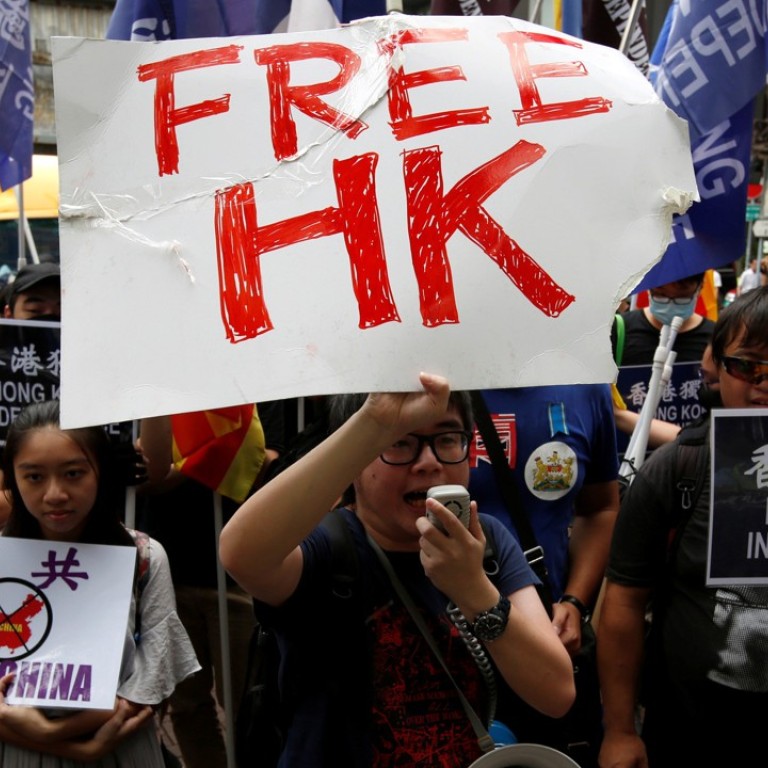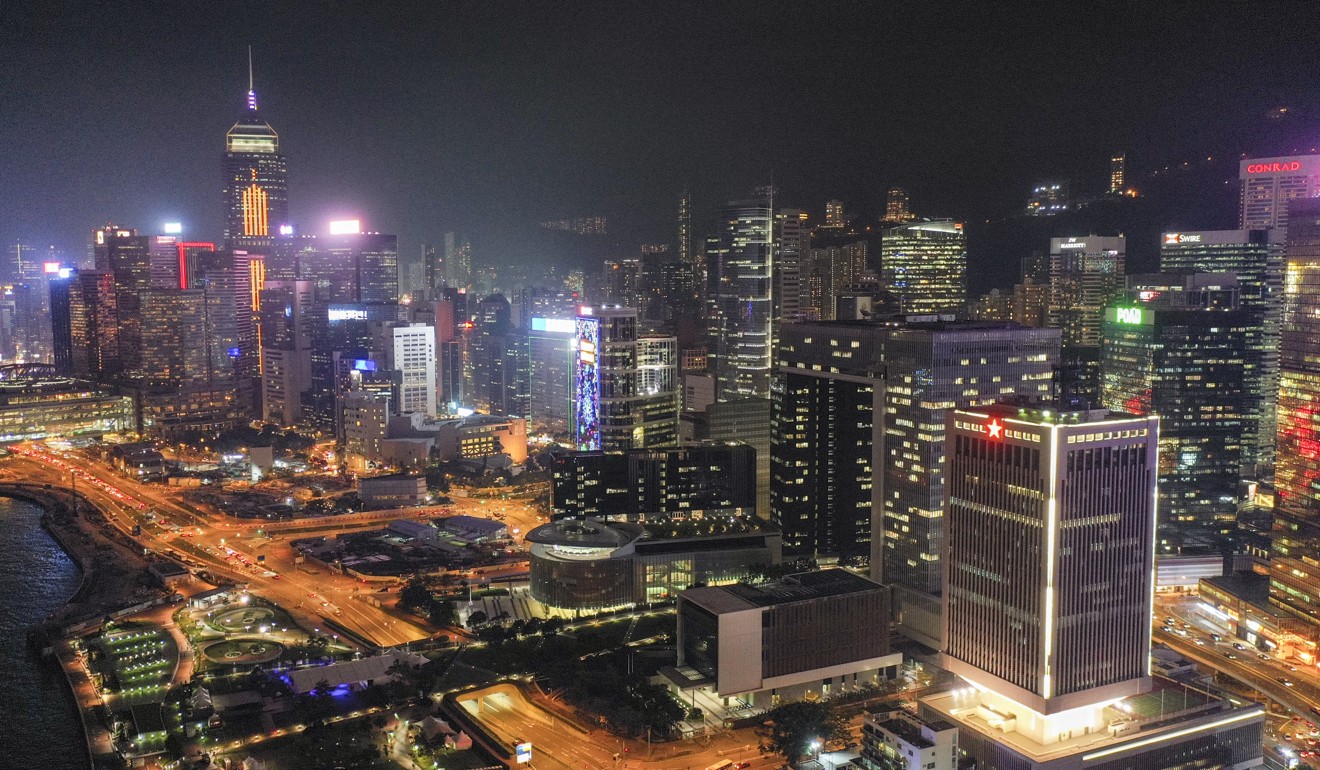
Letters | If Hong Kong and Taiwan want to resist the mainland, they should focus on economics, not politics
- The Tsai Ing-wen government’s setbacks in Taiwan highlight the consequences of neglecting the economy in favour of independence politicking
In 1982, Deng Xiaoping insisted on Hong Kong returning to Chinese sovereignty. Why were Hongkongers so afraid? At that time, there had been no democratic elections in Hong Kong. Although there was a high degree of freedom of speech, the British government was not known for its fairness and openness. The biggest problem was that Hong Kong’s economy was much richer than the Chinese mainland’s.

In Taiwan, the former anti-communist camp has been partly bolstered by the economy and by the democratic political process. At present, Taiwan’s economy is no match for the mainland, but its democratic freedom far exceeds Hong Kong. Therefore, the anti-China ideology still has a market in Taiwan.
In fact, people originally thought that Taiwan’s independence from China would come about naturally and inevitably. Who would have predicted the moderate reversal in that sentiment over the past two years. It is precisely because of the backwardness of the Tsai Ing-wen government that the economy has faltered.
If Hong Kong wants to explore independence or stress that “two systems” override “one country” or if Taiwan wants to push an independence agenda, it is most important that the economy continue to develop at a high speed. In other words, fighting for the economy is the most effective way to resist China. On the contrary, if people focus on politics and neglect the economy, they are actually weakening themselves and increasing their reliance on China.
Chan Ka-kin, Yuen Long

